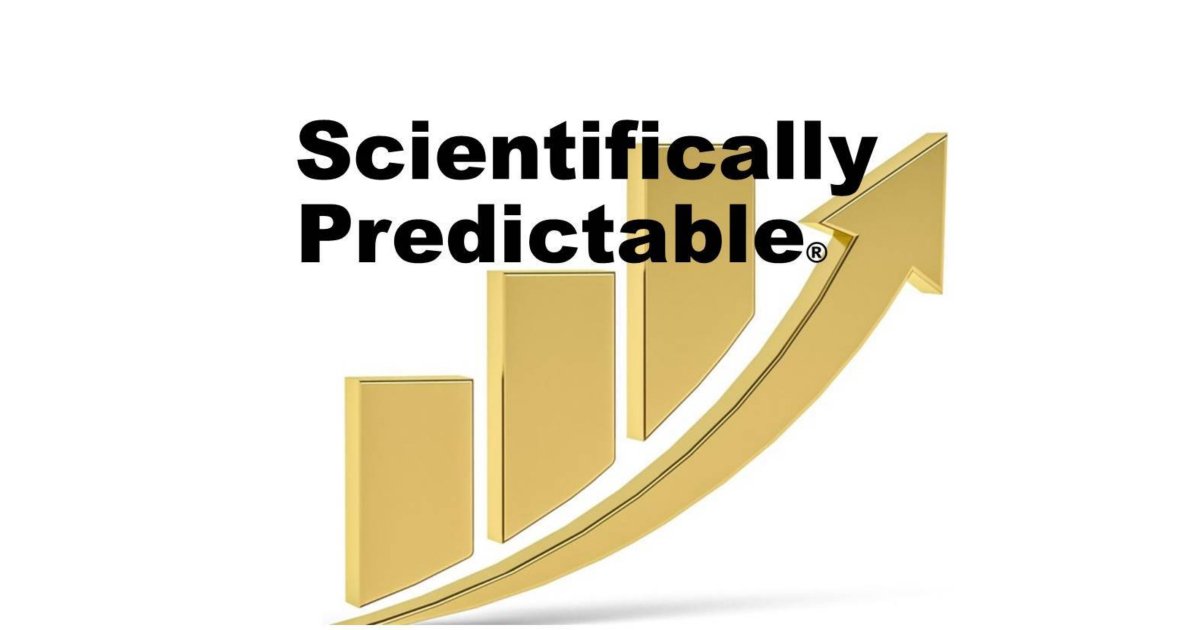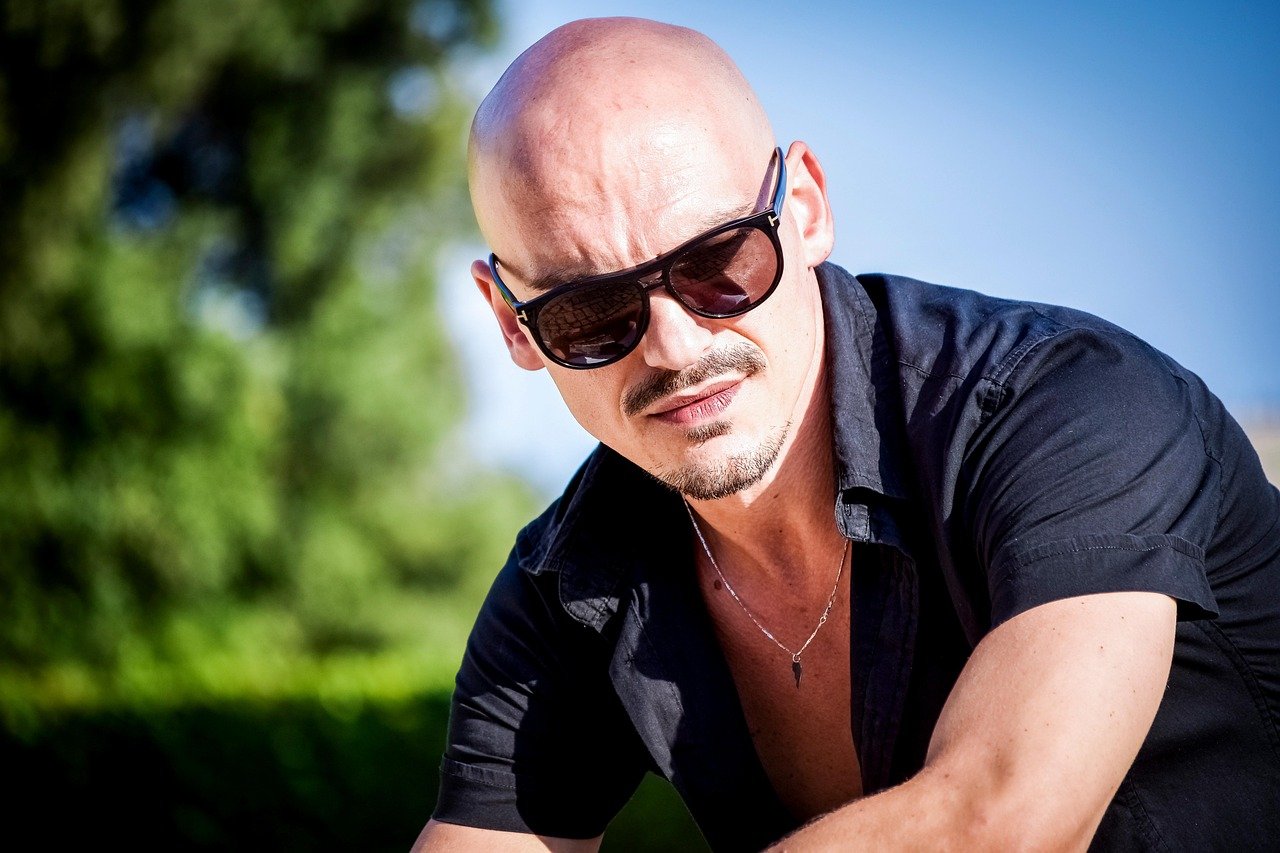Introduction
In the rapidly evolving landscape of entrepreneurship, mission-driven initiatives are gaining momentum as powerful vehicles for social change. At the forefront of this movement is Dr. Kortney Ziegler, a visionary entrepreneur and spiritual strategist committed to fostering social justice and community empowerment. As the founder of Well Money, Dr. Ziegler is pioneering a financial platform that challenges traditional models by embracing mutual aid and equity. This article delves into Dr. Ziegler’s insights on mission-driven entrepreneurship, exploring how personal experiences, visionary goals, and community trust can transform business into a force for good.
The Founding Philosophy of Well Money
Well Money was born out of a desire to disrupt exploitative financial systems that perpetuate poverty and inequality. Dr. Kortney Ziegler, a serial entrepreneur, envisioned a platform that would not only provide financial assistance but also embody values of dignity and justice. “Founded by blending principles of mutual aid, Well Money distributes emergency funding to those in need,” Dr. Ziegler explains. This approach positions Well Money as a counter-narrative to traditional financial models, emphasizing community support and empowerment.
The Personal and Systemic Inspirations Behind Mission-Driven Ventures
For many entrepreneurs, personal experiences and systemic challenges serve as catalysts for creating mission-driven ventures. Dr. Ziegler’s journey is no different. “Growing up with ambition in systems that weren’t built for my liberation sparked a desire to create tools reflecting values like dignity and justice,” Dr. Ziegler shares. These experiences highlight the importance of designing businesses that not only address market needs but also champion social justice and equality.
Balancing Visionary Goals with Practical Execution
In the early stages of any startup, aligning visionary goals with practical execution is crucial. Dr. Ziegler emphasizes the importance of clarity in this process: “Balancing vision and execution starts with clarity: What do you believe? What must exist in the world because of your work?” By translating expansive purposes into small, consistent, and trackable actions, entrepreneurs can effectively bridge the gap between lofty ambitions and tangible outcomes.
Building Trust in Community-Based Platforms
Trust is the cornerstone of any successful community-based venture. According to Dr. Ziegler, trust must be ingrained in the product from its inception. “Social entrepreneurs must learn that trust isn’t just earned. It must be imbued in the product,” Dr. Ziegler advises. Transparency in offerings, data collection, and revenue models are essential to cultivating trust and integrity, ensuring that community members feel valued and respected.
The Role of Self-Care in Sustainable Leadership
For founders of color and those leading mission-driven brands, self-care is not a luxury but a necessity. Dr. Ziegler underscores the vital role of self-care in sustainable leadership: “Your business will only grow as far as you are willing to heal. Self-care helps you stay aligned as you navigate the ups and downs of social entrepreneurship.” At Well Money, self-care is a ritual encompassing visioning, journaling, embodiment, rest, and recalibration. This holistic approach prevents burnout and reinforces the notion that a founder’s worth is not solely tied to their work.
Reframing Failure as a Path to Growth
In the realm of entrepreneurship, failure is often perceived as a setback. However, Dr. Ziegler offers a compelling perspective: “Failure is feedback. It’s a mirror showing you what’s not aligned or sustainable.” By viewing failure as an opportunity for reflection and growth, entrepreneurs can gain valuable insights into their business strategies and refine their approaches. Dr. Ziegler’s experiences with ventures that didn’t go as planned have taught invaluable lessons about serving communities with grace and resilience.
Final Thoughts
Dr. Kortney Ziegler’s journey exemplifies the transformative potential of mission-driven entrepreneurship. By grounding business practices in values like justice, dignity, and care, entrepreneurs can create ventures that not only succeed financially but also contribute to social good. As Dr. Ziegler demonstrates, aligning visionary goals with practical steps, building trust, prioritizing self-care, and embracing failure as feedback are essential components of sustainable leadership. For those inspired to explore this path, Well Money stands as a testament to the power of entrepreneurship to effect meaningful change. To learn more about Dr. Ziegler’s work and Well Money, visit Well Money’s website.














